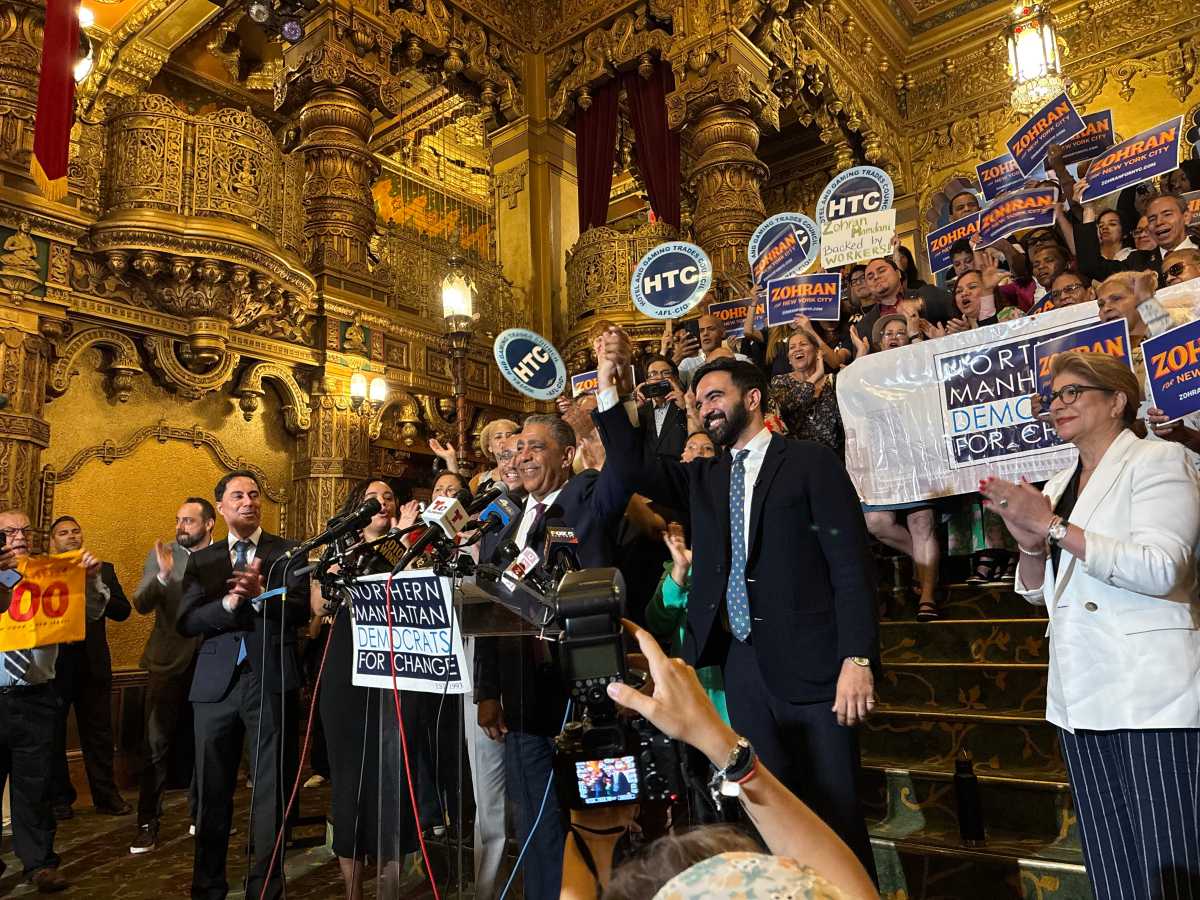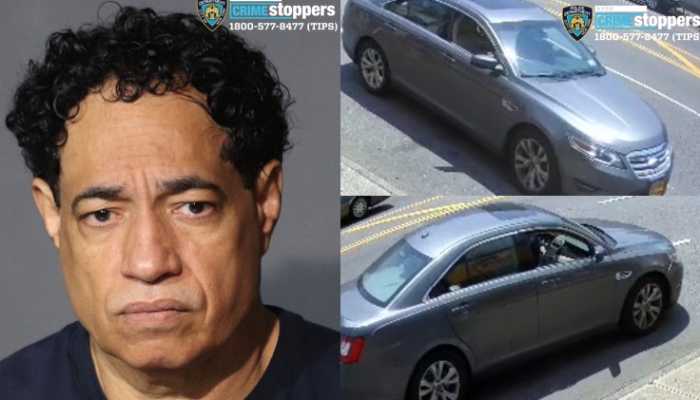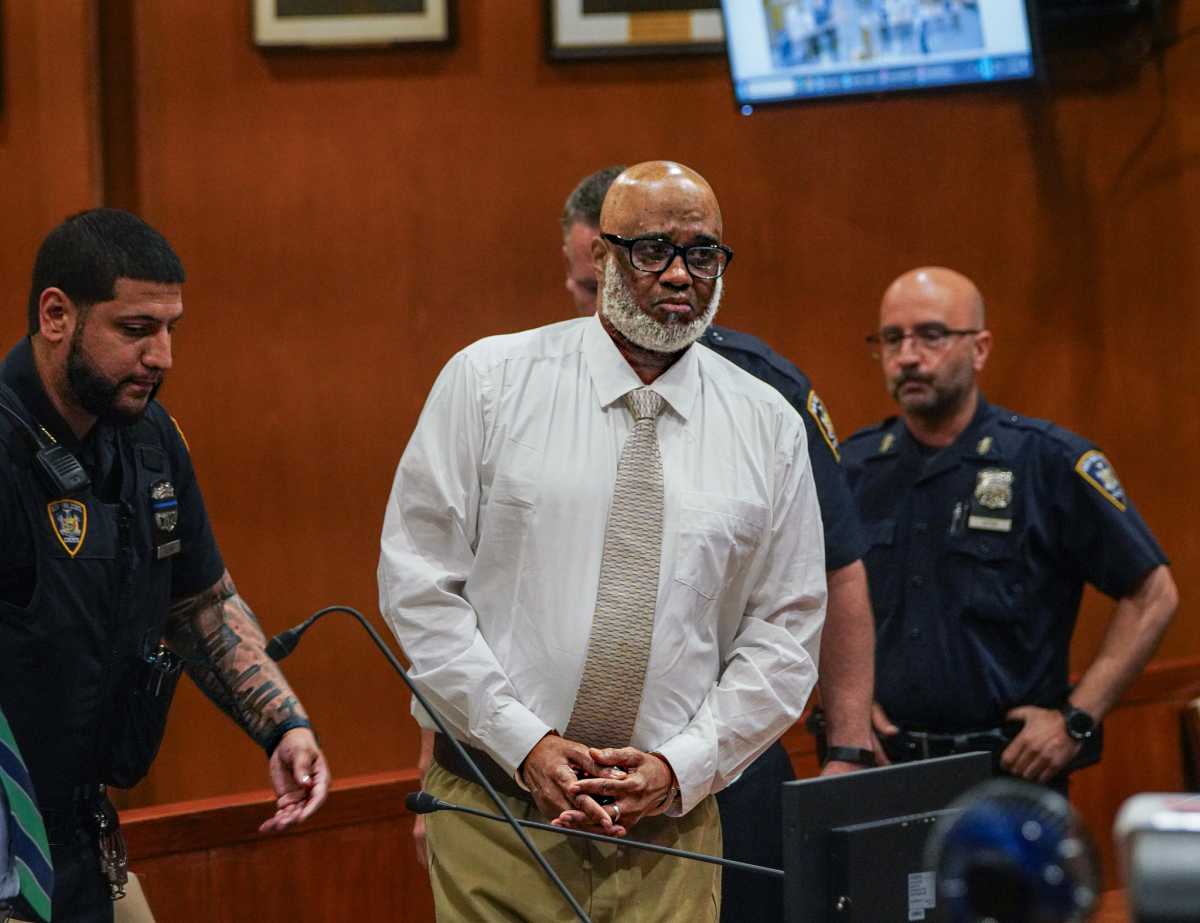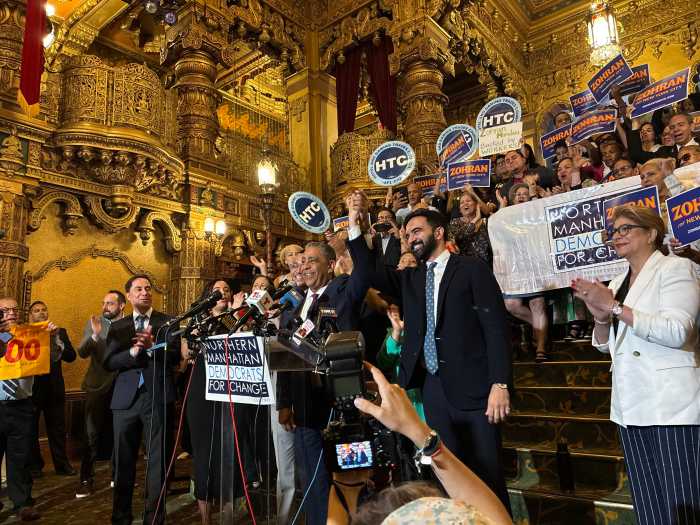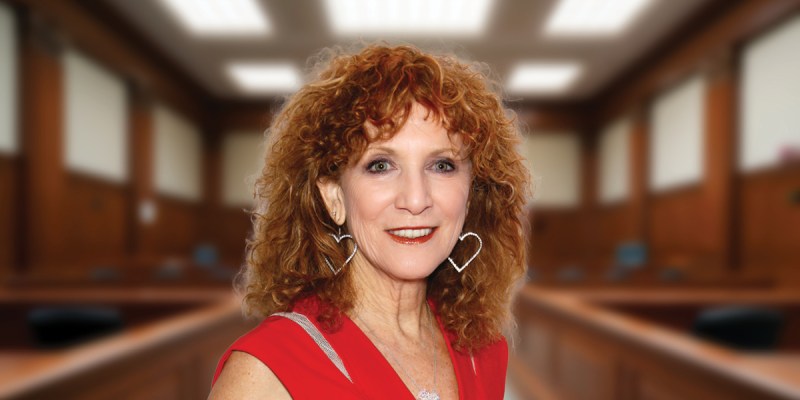By Adam Kramer
All of the Queens' 14 City Council members will have to give up their seats early next year.
The 1993 term-limit law passed by city voters limits city council members to two consecutive four-year terms, but if they sit out a term they can run again. Thirty-six of the 51 councilmen and women will lose their seats in 2001 and another 11 will be pushed out in 2003.
“It will be a disaster for Queens,” said Councilman Mike Abel (R-Bayside) “Not only did the 14 Queens city council members work well together, the borough will also lose the speaker and the comptroller, which translates into power and money.”
Peter Vallone, the Democratic councilman from Astoria, is the speaker and Alan Hevesi from Forest Hills is the city comptroller.
Abel said he does not like term limits but thinks the law should not be overturned by the Council but by the people who voted for the law twice in two referendums.
“Who the hell needs term limits when we have a democratic process?” said Councilwoman Julia Harrison (D-Flushing). “People are supposed to vote. If they don't vote, then they deserve what they get. I'd vote for anything to upset and remove the law from the books. It is a redundancy.”
Harrison, who has been a member of the City Council since 1986, does not plan to run again even if the law is repealed. She said she has done her job and it is time for someone else to have his or her turn.
Mayor Rudolph Giuliani, a Republican, has vowed to veto any measure that would reverse the term-limits law.
“Even though I think the present law is flawed, it is the law that the people wanted and voted twice to put into place,” said Thomas Ognibene (R-Middle Village), council minority leader.
“Recent polls make it clear that the people of the city want to maintain the existing laws,” he said. “I do not support any amendment or alteration to existing law.”
He predicted that most of the people elected to the Council from Queens would be family members of the existing councilmen or their staff.
“The only clear change for Queens will be the ability to hold onto the city council leadership position without Peter Vallone,” Ognibene said.
Vallone, who is making a bid to succeed Giuliani, is not a fan of the term-limits law, but some observers have said he is concerned that overturning the law could have a negative effect on his candidacy.
“He would not vote for a bill to overturn term limits.” said Bernice Spitzer, a spokeswoman for Vallone. “He's vehemently opposed to that. He thinks the people have already spoken twice,”
But if Vallone is elected mayor, she said, he would work to change the term-limits law.
“He certainly believes the turnover of so much government, including the Queens delegation, will be harmful,” she said. “Queens will certainly be impacted. We're the only borough in the city which will have its entire city council delegation turnover at once.”
City Councilman Archie Spigner (D-St Albans) also warned that the city will suffer from a forced exodus of experienced council members. He said he had no plans to seek re-election even if the law is overturned.
“I predict it will be overturned,” Spigner said. “I don't think we have the veto power to overturn the mayor this year, but ultimately, it will be overturned because it is bad public policy.”
City Councilman Morton Povman (D-Forest Hills) agreed with Spigner and said he thought term limits were a bad idea because it takes time to learn the legislative process. He said there is a certain amount of skill in the budget process and learning to compromise with other legislatures.
“It's a skill that takes four or five years to develop,” he said. “When you put an eight-year limit just when he's at his prime, that's when you're letting him go. I'm not running again. I have 30 years already, but I think it was a terrible referendum and I'm predicting that the city governmental process will suffer as a result of it.”
Abel said even if the Democrats can put a bill together he is not sure there is enough time to get the bill passed. For example, he said, if a bill is brought to the floor in a week, it needs 26 votes to pass. Then the mayor has 30 days to veto it. The Council can overturn the veto if there are 34 votes, which will probably lead to a court case and an appeal.
Abel said by the time the political and legal tussle is revolved, it could be summer and would affect anyone seeking elected office whether for the City Council, borough presidency or office of comptroller.
“Someone should have done this two years ago,” he said. “My constituency has said that even though they voted for the law, it should be overturned.”
Ognibene said he thought the council members might have the clout to override the mayor's veto, which would generate one of the “most interesting fights we have had in the City Council in a long time.”
– Chris Fuchs, Peter Sorkin and Jennifer Warren contributed to this story.

